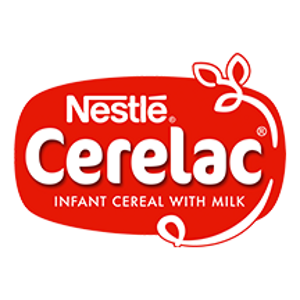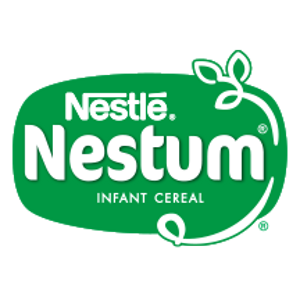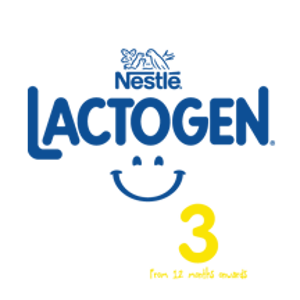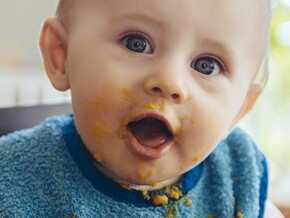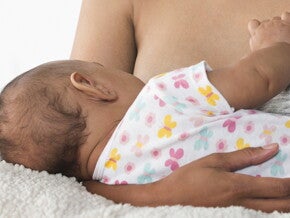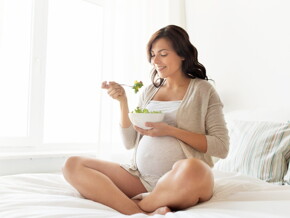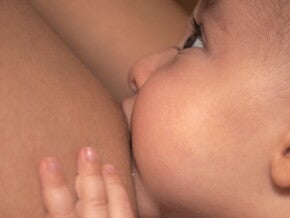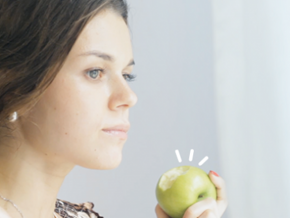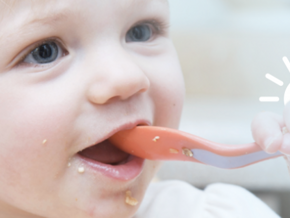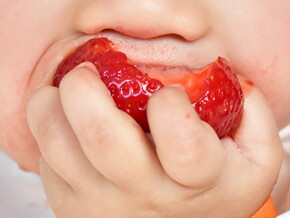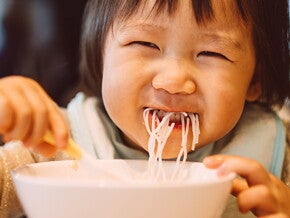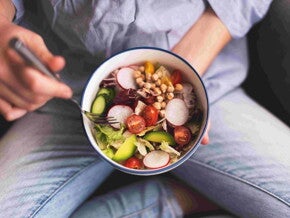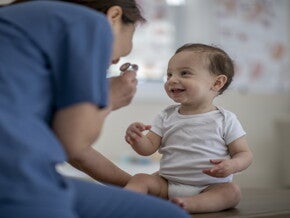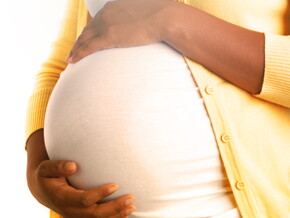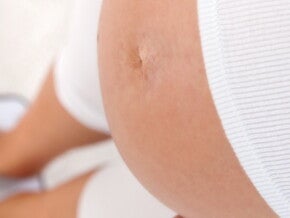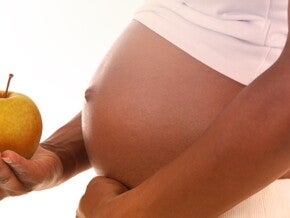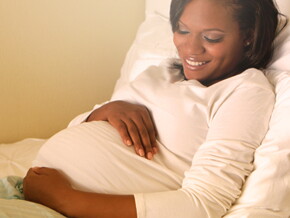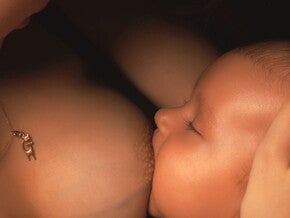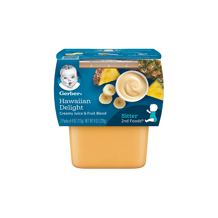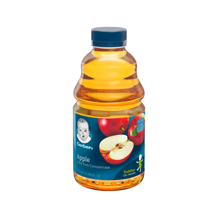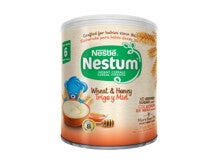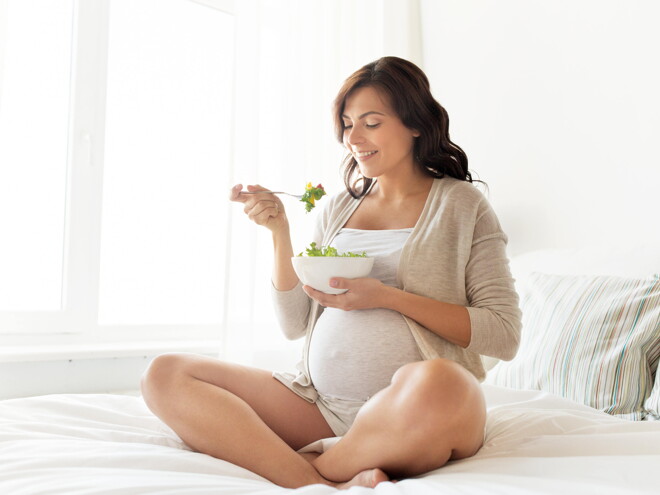
Expectant Diet: What Not to Eat Pregnant
Learn more about what not to eat pregnant to avoid any complications with your baby during your pregnancy.
Embarking on the journey of pregnancy comes with a multitude of joys and responsibilities, and one crucial aspect to consider is maintaining a healthy diet. The choices we make in terms of food directly impact the well-being of both the expectant mother and the growing baby. Understanding what not to eat during pregnancy is as vital as embracing nutritious options.
During this transformative period, it's essential to be aware of foods that may pose potential risks to the health and development of the baby.
Delving into the specifics of what not to eat can be empowering for mothers-to-be. Steering away from raw or undercooked eggs, high-mercury fish, and processed meats helps reduce the risk of foodborne illnesses and supports a safe and thriving pregnancy.
In Baby&Me we want to explore the nuances of a pregnancy-friendly diet, ensuring that every bite contributes positively to the health and vitality of both mother and baby.
The Importance of Diet in Pregnancy
A well-balanced and nourishing diet is of paramount importance during pregnancy, as it plays a pivotal role in promoting the health and development of both you and your baby. The nutritional choices made during this critical period have far-reaching implications, influencing everything from fetal growth to the mother's overall well-being.
First and foremost, a healthy pregnancy diet provides the essential nutrients that are vital for the developing fetus. Nutrients such as folic acid, iron, calcium, and omega-3 fatty acids contribute significantly to the formation of the baby's organs, bones, and overall cognitive development.
Maintaining a balanced diet during pregnancy is also crucial for your health as an expecting mother. Proper nutrition helps regulate weight gain, reduces the risk of gestational diabetes, and supports the body's increased demand for energy and nutrients.
The importance of maintaining a healthy diet during pregnancy cannot be overstated. It is the cornerstone of a thriving pregnancy, ensuring optimal growth and development for the baby while supporting your physical and mental well-being.
What Not to Eat While You Are Pregnant
Understanding what not to eat during your pregnancy is just as crucial as recognizing the positive dietary choices that promote a healthy gestation.
Certain foods can pose potential risks to the well-being of both you and the developing baby, making it imperative to be mindful of these exclusions for a safe and thriving pregnancy.
High-Mercury Fish
Seafood is a rich source of omega-3 fatty acids, but some varieties contain high levels of mercury, which can be harmful to the developing nervous system of the fetus.
Fish such as shark, swordfish, king mackerel, and tilefish should be avoided, while safer options like salmon, shrimp, and cod can be included in moderation.
Raw or Undercooked Seafood and Eggs
This type of food poses a risk of exposure to harmful bacteria and parasites, such as Salmonella. These can lead to foodborne illnesses that may have adverse effects on both the mother and the unborn child. Opting for fully cooked alternatives ensures food safety.
Unpasteurized Dairy Products
Milk and dairy products without a pasteurized process may harbor harmful bacteria, including Listeria, which can lead to serious complications during pregnancy. Choose pasteurized alternatives to reduce the risk of bacterial contamination.
Processed Meats
Deli meats, hot dogs and other processed meats can also be contaminated with Listeria, It is advisable to heat these meats thoroughly before consumption to eliminate potential bacteria.
Caffeine and Alcohol
While moderate caffeine intake is generally considered safe, excessive amounts may be linked to a higher risk of miscarriage.
Similarly, alcohol consumption during pregnancy is associated with developmental issues and birth defects. It is advisable to limit caffeine intake and completely abstain from alcohol.
By being mindful of what not to eat during pregnancy, you can contribute to a safe and positive gestational experience.
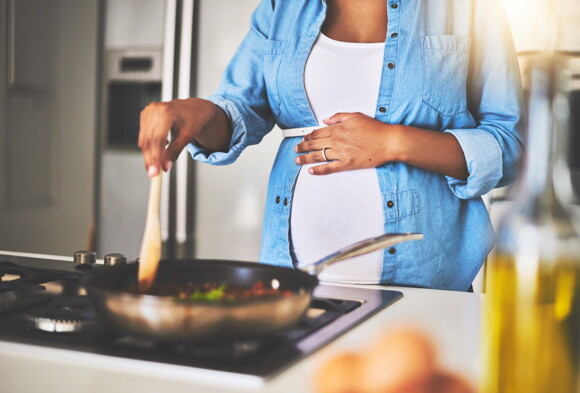
Dietary Recommendations for a Healthy Pregnancy
Ensuring a well-rounded and nutritious diet is essential for promoting optimal health and development during pregnancy. The following dietary recommendations will provide you with a roadmap, guiding you towards choices that support both your well-being and the growth of your little one.
- Adequate folate intake is crucial in preventing neural tube defects in the developing baby. Incorporate folate-rich foods such as leafy green vegetables, beans, lentils, and fortified cereals into your diet.
- Calcium is vital for forming the baby's bones and teeth. Include dairy products, fortified plant-based milk, tofu, and leafy greens like kale and broccoli to meet your calcium requirements during pregnancy.
- Iron is essential for preventing anemia in both the mother and the baby. Incorporate iron-rich foods such as lean meats, beans, lentils, spinach, and fortified cereals into your meals.
- Omega-3 fatty acids, particularly DHA, play a crucial role in the development of the baby's brain and eyes. Include sources like fatty fish (e.g., salmon and trout), chia seeds, flaxseeds, and walnuts in your diet.
- A variety of fruits and vegetables provide essential vitamins, minerals, and antioxidants. Aim for a colorful mix to ensure a broad spectrum of nutrients. These foods contribute to a strong immune system and overall well-being.
- Whole grains, such as brown rice, quinoa, and whole wheat bread, provide complex carbohydrates, fiber, and essential nutrients. They help regulate blood sugar levels and provide sustained energy.
- Staying well-hydrated is crucial during pregnancy. Water supports the increased blood volume, aids digestion, and helps prevent constipation. Aim for at least 8-10 glasses of water daily, adjusting for individual needs and activity levels.
Remember, individual nutritional needs can vary, and consulting with a healthcare provider or a registered dietitian is advisable to tailor dietary recommendations to specific circumstances. You can contribute to a healthy and vibrant pregnancy experience by embracing a balanced and diverse diet.
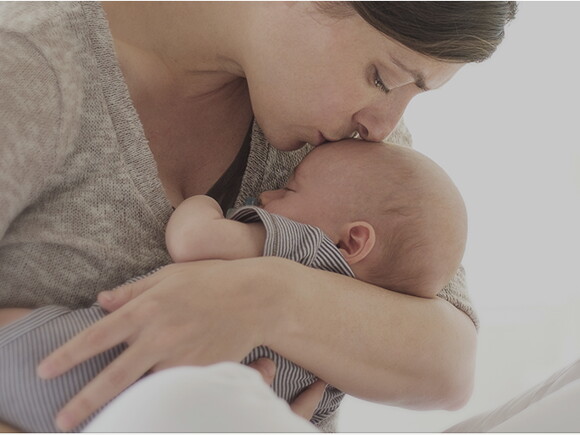
Gain a better understanding of your child's development with the help of our stages


